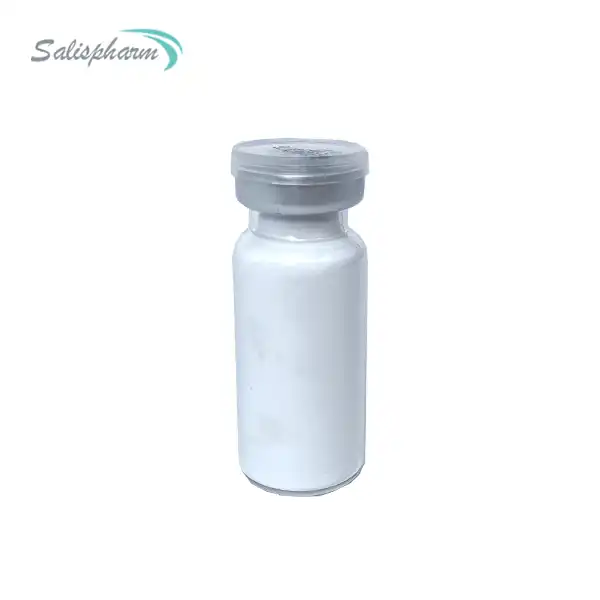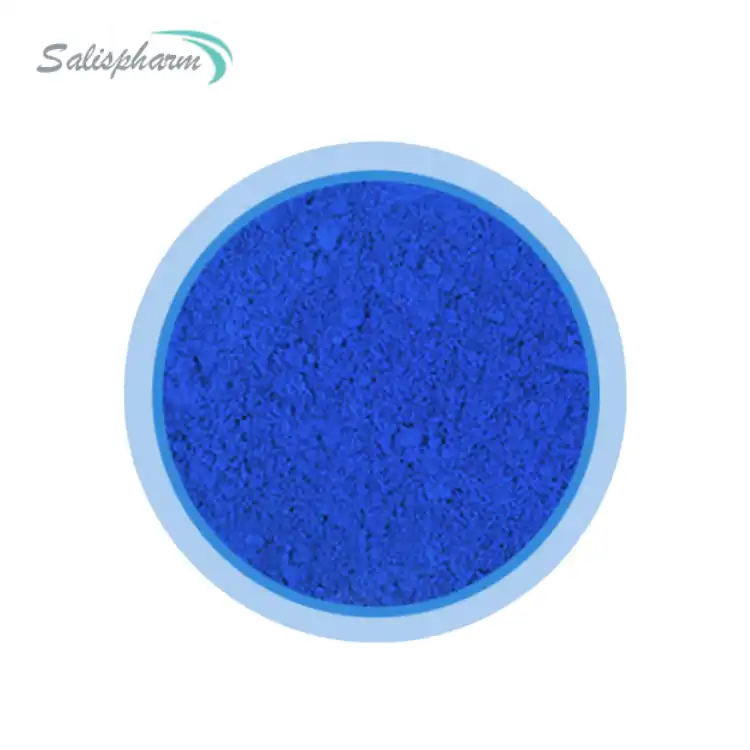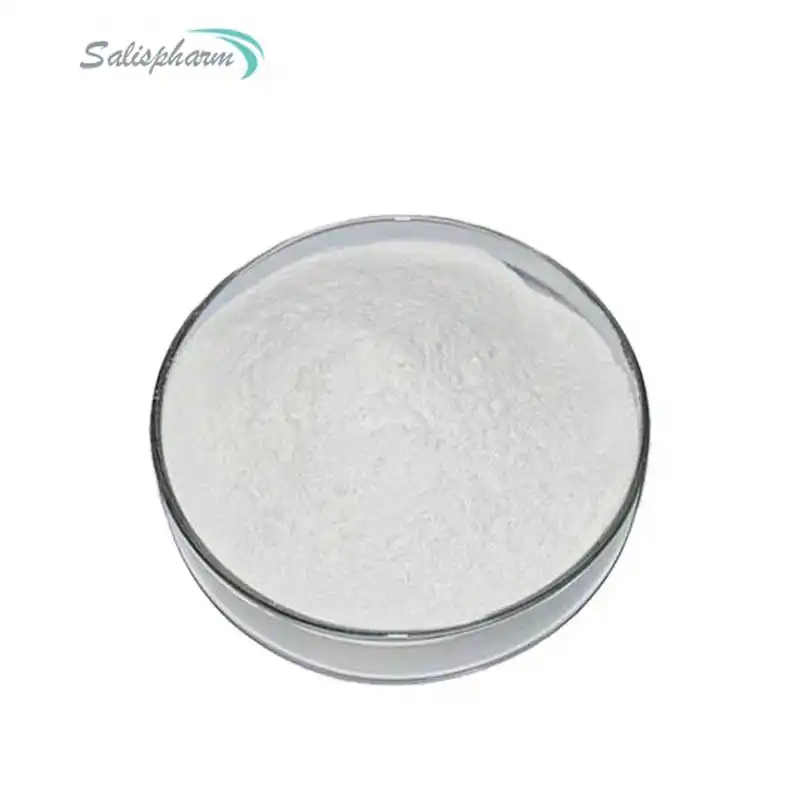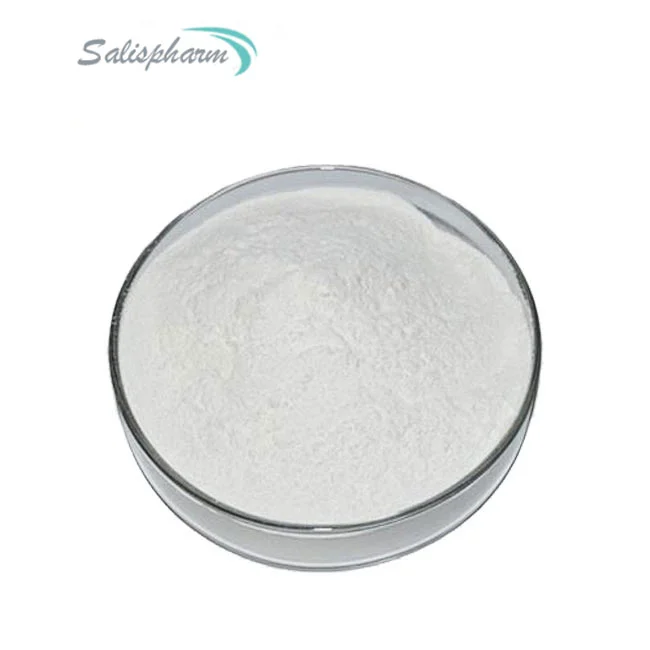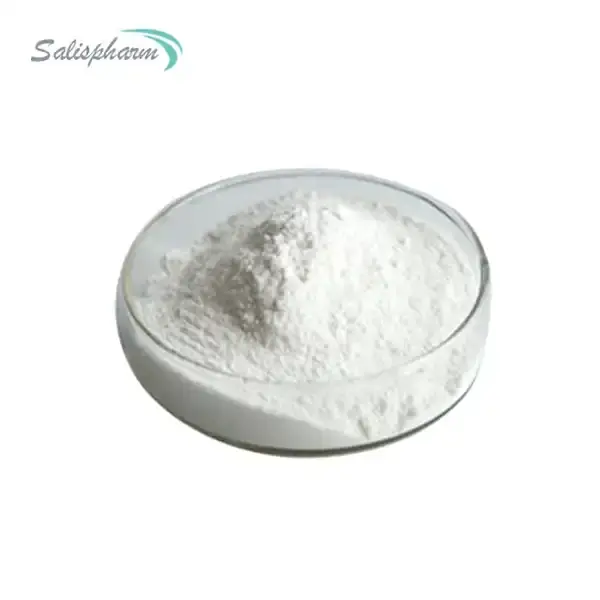Dicyclomine powder is a medication used to treat various gastrointestinal disorders, such as irritable bowel syndrome (IBS), functional abdominal pain, and acute enterocolitis. This anticholinergic drug works by relaxing the smooth muscles in the digestive tract, thereby relieving spasms, cramps, and discomfort. While dicyclomine powder can be an effective treatment option for many individuals, it is essential to understand its potential interactions with other medications and the precautions necessary to ensure its safe and effective use.
What are the potential side effects of dicyclomine powder?
Dicyclomine powder, like any medication, can cause a range of side effects, both mild and severe. Some of the most common side effects associated with dicyclomine powder include dry mouth, blurred vision, constipation, and drowsiness. These side effects are typically mild and may subside as your body adjusts to the medication.
However, some individuals may experience more severe side effects, such as difficulty urinating, rapid or irregular heartbeat, confusion, and dizziness. In rare cases, dicyclomine powder may cause allergic reactions, including rash, itching, swelling of the face, tongue, or throat, and difficulty breathing.
It is crucial to inform your healthcare provider about any pre-existing medical conditions or medications you are taking, as these factors can influence the potential side effects and effectiveness of dicyclomine powder. Additionally, it is essential to follow the recommended dosage and instructions carefully to minimize the risk of adverse effects.
Can dicyclomine powder interact with other medications?
Dicyclomine powder has the potential to interact with various other medications, which can alter their effectiveness or increase the risk of side effects. Some of the medications that may interact with dicyclomine powder include:
1. Antidepressants: Certain antidepressants, such as tricyclic antidepressants (TCAs) and monoamine oxidase inhibitors (MAOIs), can enhance the anticholinergic effects of dicyclomine powder, potentially leading to increased side effects like dry mouth, constipation, and confusion.
2. Antihistamines: Antihistamines with anticholinergic properties, such as diphenhydramine (Benadryl), can amplify the anticholinergic effects of dicyclomine powder, leading to increased drowsiness, dry mouth, and other adverse effects.
3. Antipsychotics: Some antipsychotic medications, like clozapine and olanzapine, can interact with dicyclomine powder, potentially causing sedation, constipation, and other anticholinergic side effects.
4. Bladder medications: Dicyclomine powder may interact with certain medications used to treat overactive bladder, such as oxybutynin and tolterodine, potentially increasing the risk of side effects like dry mouth and constipation.
It is essential to inform your healthcare provider about all medications you are taking, including over-the-counter drugs, vitamins, and herbal supplements, to ensure safe and effective treatment with dicyclomine powder.
Additionally, dicyclomine powder may interact with other classes of medications, such as:
1. Antiarrhythmic drugs: Medications used to treat irregular heart rhythms, like amiodarone and quinidine, can potentially interact with dicyclomine powder, leading to increased heart rate or other cardiac effects.
2. Anticonvulsants: Certain anticonvulsant medications, such as phenytoin and carbamazepine, may decrease the effectiveness of dicyclomine powder or increase the risk of side effects.
3. Antimuscarinic drugs: Dicyclomine powder belongs to the class of antimuscarinic drugs, and combining it with other medications from this class, such as atropine or scopolamine, can lead to an increased risk of adverse effects like dry mouth, constipation, and drowsiness.
4. Parkinson's disease medications: Certain medications used to treat Parkinson's disease, like levodopa and carbidopa, may interact with dicyclomine powder, potentially altering the effectiveness of either medication or increasing the risk of side effects.
It is crucial to disclose all medications, including prescription drugs, over-the-counter medications, vitamins, and herbal supplements, to your healthcare provider to ensure safe and effective treatment with dicyclomine powder.
How should dicyclomine powder be taken for optimal results?
To achieve the best possible results and minimize the risk of side effects, it is crucial to follow the prescribed dosage and instructions for taking dicyclomine powder carefully. Here are some general guidelines for taking dicyclomine powder:
1. Dosage: The recommended dosage of dicyclomine powder varies depending on the individual's age, weight, and the specific condition being treated. It is essential to follow your healthcare provider's instructions regarding the appropriate dosage.
2. Timing: Dicyclomine powder is typically taken three or four times a day, with or without food. However, your healthcare provider may adjust the timing based on your specific needs and response to the medication.
3. Administration: Dicyclomine powder should be taken orally, either dissolved in water or mixed with a small amount of food or liquid. It is important to swallow the medication whole and not to crush or chew the capsules or tablets.
4. Consistency: It is essential to take dicyclomine powder consistently as prescribed, even if you start to feel better. Stopping the medication abruptly or missing doses can lead to a recurrence of symptoms or decreased effectiveness.
5. Monitoring: Your healthcare provider may recommend regular follow-up appointments to monitor your response to dicyclomine powder and adjust the dosage if necessary. It is important to report any side effects or concerns during these appointments.
Additionally, there are some general precautions and considerations for taking dicyclomine powder:
1. Hydration: Dicyclomine powder can cause dry mouth and constipation, so it is essential to stay well-hydrated and maintain a balanced diet with adequate fiber intake.
2. Alcohol consumption: Consuming alcohol while taking dicyclomine powder can increase the risk of side effects, such as drowsiness and dizziness, and should be avoided or minimized.
3. Pregnancy and breastfeeding: Dicyclomine powder should be used with caution during pregnancy and breastfeeding, as it may have potential effects on the developing fetus or nursing infant. Consult your healthcare provider for guidance.
4. Elderly patients: Older adults may be more sensitive to the effects of dicyclomine powder and may require lower dosages or more frequent monitoring.
5. Glaucoma: Dicyclomine powder can potentially worsen the symptoms of glaucoma, so it should be used with caution in individuals with this condition.
By following these guidelines and working closely with your healthcare provider, you can maximize the potential benefits of dicyclomine powder while minimizing the risk of adverse effects.
Conclusion
Dicyclomine powder can be an effective treatment option for various gastrointestinal disorders, but it is essential to be aware of its potential interactions with other medications and the necessary precautions for safe and optimal use. By understanding the potential side effects, medication interactions, and proper administration guidelines, you can work closely with your healthcare provider to ensure dicyclomine powder provides the desired therapeutic benefits while minimizing the risk of adverse effects. Open communication, adherence to prescribed dosages, and regular monitoring are key to achieving successful treatment outcomes with dicyclomine powder.
If you are also interested in this product and want to know more product details, or want to know about other related products, please feel free to contact sasha_slsbio@aliyun.com.
References:
1. Dicyclomine. (2023). In IBM Micromedex.
2. Dicyclomine (Oral Route). (2023). Mayo Clinic.
3. Dicyclomine: MedlinePlus Drug Information. (2023). National Library of Medicine.
4. Garnock-Jones, K. P. (2012). Dicyclomine: A Review of its Pharmacology, Pharmacokinetics, and Clinical Use. Drugs, 72(14), 1843-1857.
5. Lacy, B. E., Pimentel, M., Brenner, D. M., Chey, W. D., Kline, G. A., Le Lahuna, M., & Pivovarov, J. A. (2021). ACG Clinical Guideline: Management of Irritable Bowel Syndrome. American Journal of Gastroenterology, 116(1), 17-44.
6. Sayuk, G. S., & Gyawali, C. P. (2022). Antispasmodics and Peppermint Oil in the Treatment of Irritable Bowel Syndrome. Current Gastroenterology Reports, 24(6), 228-237.
7. Tytgat, G. N. (2007). Hyoscine Butylbromide: A Review of Its Use in the Treatment of Abdominal Cramping and Pain. Drugs, 67(9), 1343-1357.

